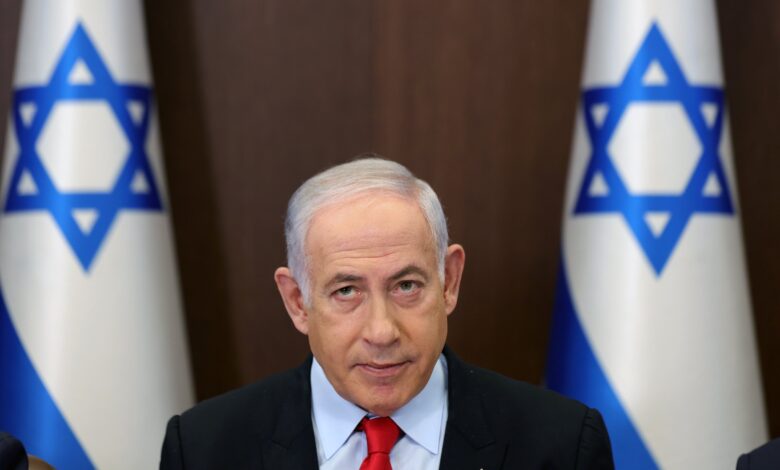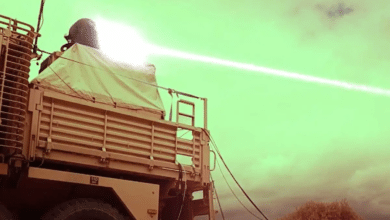
War
Israeli Prime Minister has reportedly directed Israeli troops to maintain their presence in the area of Mount Hermon in Syria until the end of 2025
Israeli Prime Minister Benjamin Netanyahu has reportedly directed Israeli troops to maintain their presence in the area of Mount Hermon in Syria until the end of 2025, according to sources familiar with the decision. This move underscores Israel’s strategic priorities and concerns regarding regional security threats and ongoing tensions along its northern border.
Key Aspects of the Decision
- Strategic Importance of Mount Hermon:
- Geographical Significance: Mount Hermon, straddling the borders of Israel, Syria, and Lebanon, offers critical high-ground observation points over Syrian and Lebanese territory.
- Surveillance and Security: The area is vital for intelligence gathering and monitoring movements of hostile groups like Hezbollah and Iranian-backed militias operating in southern Syria.
- Ongoing Security Concerns:
- Hezbollah Threat: Israel views Hezbollah’s presence in Syria as a direct threat, given its close ties to Iran and history of cross-border attacks.
- Iranian Influence: Iran’s military entrenchment in Syria remains a red line for Israel, which has conducted numerous airstrikes to disrupt Iranian supply lines and infrastructure.
- Extended Deployment Timeline:
- The order to remain until 2025 signals that Israel expects continued instability in the region and does not foresee immediate resolution to threats posed by militias and state actors in Syria.
- The extended presence also aligns with Israel’s policy of preemptive defense and deterrence in Syria to avoid escalation within Israeli territory.
Political and Military Context
- Netanyahu’s Stance:
- Netanyahu has consistently prioritized national security and a hardline approach toward adversaries in Syria. His directive reflects confidence in Israel’s long-term military posture in the region.
- Domestically, Netanyahu’s decision may bolster his image as a strong defender of Israel’s security interests amid political challenges.
- Syrian Response:
- Syria has previously condemned Israel’s presence and military actions in its territory, viewing them as violations of sovereignty.
- The presence of Israeli troops in Mount Hermon could escalate tensions between Israel and the Assad regime, backed by Russia and Iran.
- International Dynamics:
- U.S. Support: The U.S. generally supports Israel’s right to defend itself but may seek to balance this with broader regional stability.
- Russian Factor: Russia, a key player in Syria, maintains a delicate balance with Israel, occasionally tolerating Israeli strikes against Iranian targets but also reinforcing Syrian sovereignty.
Implications and Outlook
- Increased Tensions:
- The decision may lead to more frequent skirmishes or confrontations with Syrian forces or Hezbollah.
- There is a risk of escalation if either side miscalculates or if Israeli strikes inadvertently target Syrian or Russian assets.
- Strategic Deterrence:
- By maintaining a presence on Mount Hermon, Israel aims to deter Iranian expansion and Hezbollah operations, ensuring the buffer zone remains secure.
- Potential for Diplomatic Fallout:
- Israel’s extended presence may draw criticism from international bodies and nations advocating for Syria’s territorial integrity.
Netanyahu’s directive underscores a long-term strategic commitment to securing Israel’s northern border and mitigating the threats emerging from Syria’s ongoing conflict.
